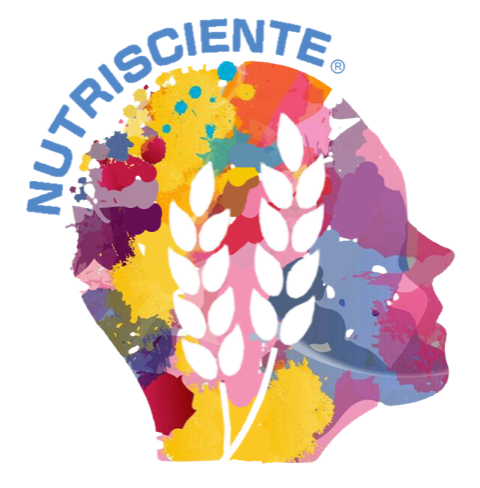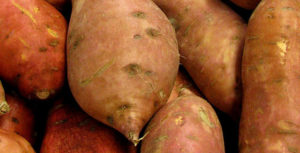To answer this question two words come to mind: emotions and feelings. Which although they may sound similar, have different definitions.
An emotion is an innate, cognitive (usually unconscious) behavioural response that occurs when our brain (the centre of our Central Nervous System) senses a stimulus. That stimulus can come from something you eat, see, smell, etc. In a matter of seconds, this stimulus causes an action within our body, such as a muscular, cardiac, pulmonary or hormonal reaction, among others.
A feeling is what happens after the emotion has occurred, i.e., it is the mental perception that our brain attributes to the physiological experience that the emotion generated. Basically it is the conscious meaning we give to that emotion.
The idea of the past that reason and emotion were two independent processes, which fought each other in decision making, has long been superseded by neuroscience. Already in the 19th century this was discussed in the field of psychiatry. Júlio de Matos himself (a Portuguese psychiatrist) defended these three ideas:
- Emotions are crucial in decision-making because they follow all our ideas and experiences;
- Feelings function as signals of the body’s state, so the body’s state reflects mental states;
- Intelligence can moderate emotions through knowledge.
The development of neuroscience and cognitive science – and of any other scientific field, to tell the truth – is continuous and eternal. And today it is known that these ideas of Júlio de Matos are much closer to the reality we know. In fact, several neuroscientists have corroborated Matos’ ideas, including the neurologist and neuroscientist António Damásio, who has dedicated himself to the study of the brain and human emotions. According to Damasio (2011) “it is not possible to make functional and efficient decisions without feeling emotions“.
What is the relationship between my emotions and food, Sara?
The relationship is very simple (and there is absolutely nothing simple about it!). Briefly – very briefly, because this had a lot to do – scientific research has shown that eating behaviour is directly related to nutritional status (examples of this are several cross-sectional studies related to overweight and/or obesity, among others). We also know today that our moods not only tend to alter our behaviour and food choices, but are also related to changes in appetite (studies carried out on depression, anxiety, feelings of pain, chronic illnesses, etc.).
Now imagine that by understanding your emotions and feelings, you can make more intelligent and conscious decisions, including about food?
Oh yes, YOU CAN!
Maybe Julio de Matos was not so far from reality, right? Emotions and feelings are essential for our mental perception, just as using our knowledge (intelligence) helps us to moderate our emotions and make conscious decisions.
We are not just one thing. We are many things. We feel. We think. We decide and we ACT! (and we eat, of course)
Until the next meeting here on the blog.
Love,
Sara Barreirinhas
Sources:
- Serrado, Ricardo. Emoção, sentimento e razão: diálogos entre Júlio de Matos e António Damásio. História. Revista da FLUP. Porto. IV Série. Vol. 10 nº 1. 2020. 198-217. DOI: 10.21747/0871164X/hist10_1a10;
- Damásio, António (2011), O Erro de Descartes. Emoção, Razão e Cérebro Humano, Lisboa, Temas e Debates.




